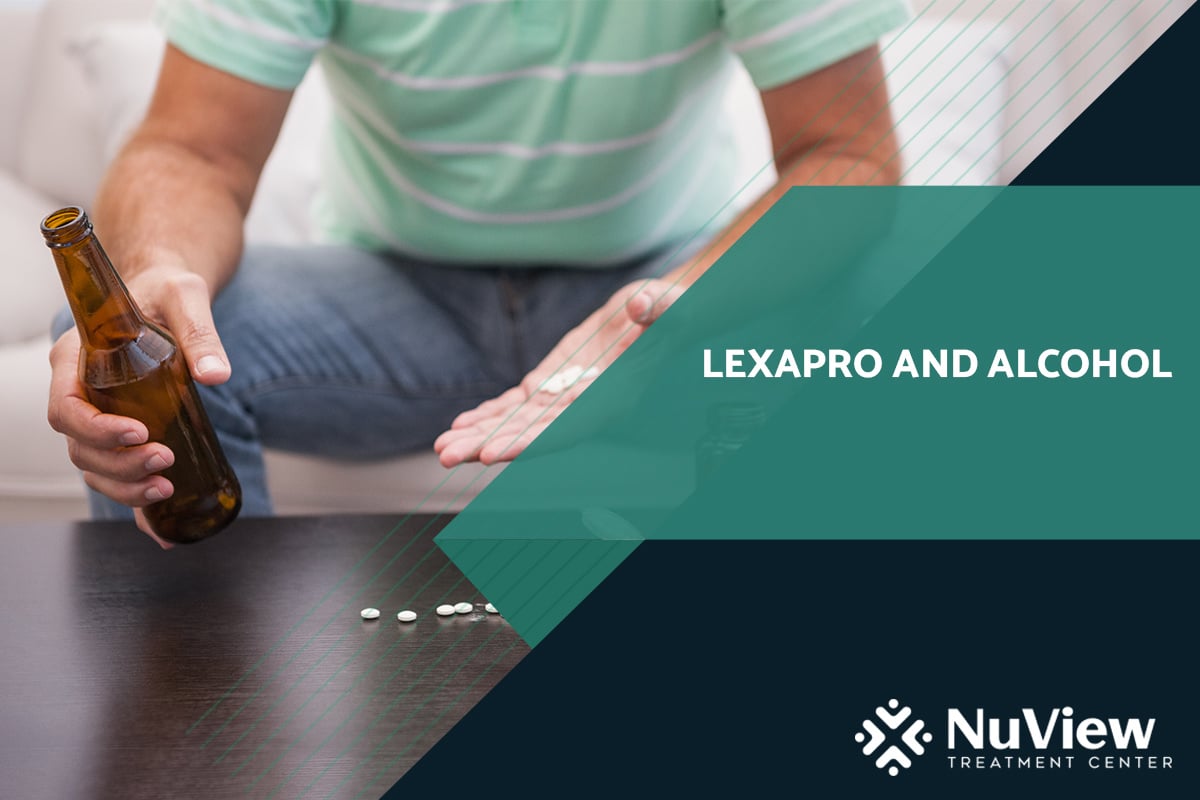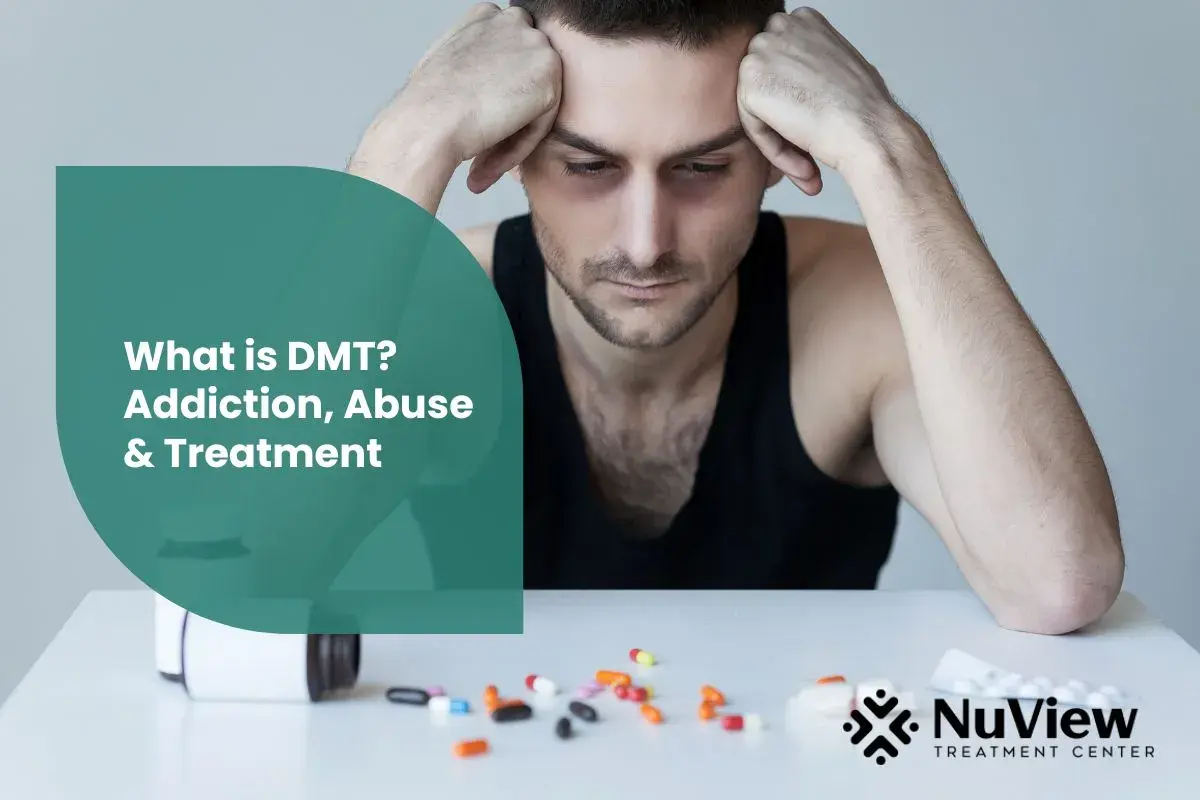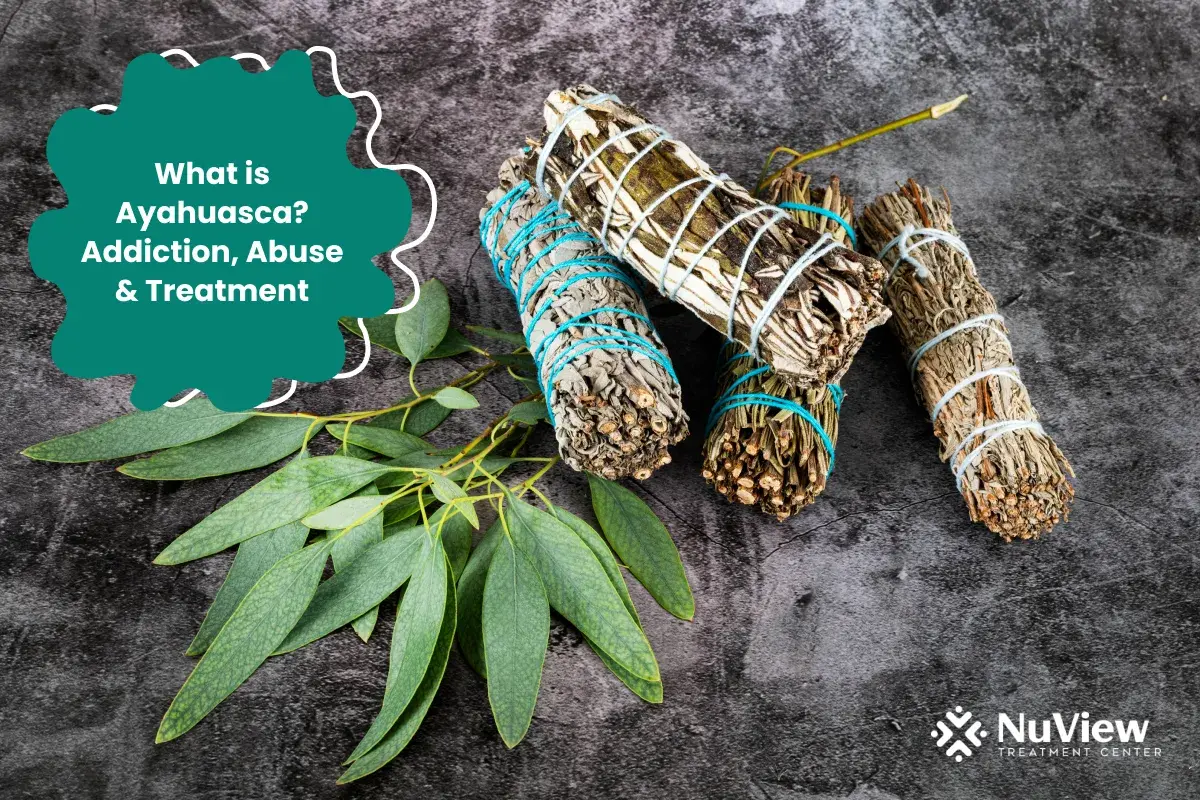Lexapro is a U.S. Food and Drug Administration (FDA)-approved medication for the treatment of major depressive disorder (MDD) and generalized anxiety disorder (GAD). If you have just been prescribed Lexapro, then one thing you want to be wary of is alcohol.
In this blog, we shall learn about the risks of mixing Lexapro and alcohol, as well as the side effects of the same.
What Happens When You Mix Lexapro and Alcohol?
Escitalopram is a selective serotonin reuptake inhibitor (SSRI) used to treat depression and anxiety. Its common brand name is Lexapro. Escitalopram interacts with nearly 700 other known substances, and among them is alcohol. In simple words, escitalopram and alcohol do not gel well.
When you mix escitalopram or Lexapro with alcohol, what happens is that it exacerbates the symptoms of depression and anxiety. You will become more depressed, or experience increased anxiety. Therefore, your doctor will recommend that you stay away from alcohol if you are on Lexapro.
Moreover, Lexapro is known for its sedative effects. Now, alcohol's effects on the mind and body are well known. It is a depressant that gives rise to relaxation, sleepiness, and even drowsiness. When alcohol and Lexapro are consumed together, they interact and increase these effects to a great extent. As a consequence, you can feel incredibly drowsy and/or dizzy.
Get Started With Nuview Treatment Center
Our dedicated professional staff is here to guide you or your loved one on the journey to lasting recovery, offering support every step of the way.
Lexapro Side Effects Without Alcohol
Lexapro is an FDA-approved medication and has many off-label uses as well. But it is not without its side effects. Some common Lexapro side effects, even without alcohol are:
- Yawning
- Drowsiness
- Dizziness
- Sleep difficulties
- Tiredness
- Lowered focus
- Anxiety
- Agitation
- Headaches
- Painful urination
- Dark urine
- Nosebleed
- Blood in vomit and urine
- Heavy bleeding during menstrual periods
- Irregular heartbeat or arrhythmias
- Low sex drive (impotence as well)
What Are The Common Reactions Individuals Experience When Consuming Alcohol?
Alcohol is one of the most commonly used (and even abused) substances worldwide. In fact, the World Health Organization (WHO) reports that over 2 million deaths worldwide can be attributed to alcohol. While social drinking is common, when alcohol is abused, it becomes a deadly substance.
With alcohol, some of the common reactions experienced include:
- Reduced inhibitions, especially social inhibitions
- Impaired judgment
- Impaired coordination
- Slurred speech
- Memory difficulties to the point of blackouts
- Loss of consciousness
- Increased risk of cancer
- Brain damage
In extreme cases, heavy, uncontrolled drinking can even lead to death.
Now, if you are wondering can you drink on Lexapro, it is not recommended. Alcohol increases the risks and side effects of Lexapro rather than when it is consumed alone.
Therefore, if you have a problem with drinking, which can be the case with depression and anxiety, then be open with your doctor. Alcohol and Lexapro can give rise to dangerous, deadly effects.
Get Started With Nuview Treatment Center
Short-Term And Long-Term Risks
Consuming alcohol and Lexapro carries short-term risks as well as long-term risks. The short-term risks include:
- Increased drowsiness and/or dizziness
- Lowered alertness and focus
- Impaired coordination
Lexapro is used in the treatment of depression and anxiety, mainly. Lexapro and alcohol can exacerbate these conditions in the long term. It can lead to the following effects on depression:
- Frequent feelings of overwhelming sadness
- Frequent feelings of emptiness and worthlessness
- Loss of interest in activities that were once pleasurable
- Suicidal thoughts/ideation
- With regard to anxiety, the long-term risks of Lexapro and alcohol include:
- Intense generalized anxiety
- Irritability
- Sleep difficulties
- Tiredness
Moreover, in extreme cases, Lexapro and alcohol together can even increase the risk of violence.
Effects Of Alcohol On Mental Health Issues
Alcohol is a depressant; it relaxes the mind and body. Mild to moderate drinking or social drinking is common, when drinking gets out of hand, it poses a problem. Heavy drinking is generally classified as:
- For males, 5 or more drinks within 2 hours, and 15 or more drinks in a week.
- For females, 4 or more drinks within 2 hours, and 8 or more drinks in a week.
Heavy drinking exacerbates pre-existing mental health conditions. With depression or anxiety, it can increase the feelings of depression or anxiety and adversely impact day-to-day functioning and overall health. In fact, with depression, alcohol even increases the risk of suicidal thoughts and actions.
Alcohol use disorder, characterized by heavy drinking and dependence, also co-occurs with other mental health conditions like:
- Sleep disorders
- Schizophrenia and other psychotic conditions
Alcohol, especially chronic, heavy drinking, can disrupt every aspect of life. It leads to problems in interpersonal relationships and professional relationships. Therefore, seeking treatment becomes a vital step toward recovery and sober living.
Frequently Asked Questions (FAQs)
Can I Drink on Lexapro?
It’s recommended to avoid alcohol while on Lexapro due to potential severe side effects. Alcohol can diminish the effectiveness of the medication and intensify its adverse effects. Combining the two might also lead to unpredictable reactions that can be harmful.
What Happens If You Mix Lexapro with Alcohol?
Mixing Lexapro with alcohol can lead to worsened anxiety, deepened depression, liver problems, and even suicidal thoughts. The interaction between the two substances can amplify their individual side effects, making them more pronounced and potentially dangerous.
Can I Skip a Dose of Lexapro to Drink?
It’s not advisable to skip doses without consulting your doctor. Missing a dose can lead to withdrawal symptoms, and the medication’s effectiveness might be compromised. It’s essential to maintain a consistent dosage for the best therapeutic effect.
What Antidepressants Can You Drink On?
It’s important to consult a healthcare professional before consuming alcohol while taking antidepressants. Many antidepressants can interact negatively with alcohol, potentially reducing the effectiveness of the medication or causing harmful side effects.
Can I Drink Coffee While on Lexapro?
Moderate coffee consumption is generally considered safe while taking Lexapro (escitalopram). However, it’s recommended to consult your doctor, as excessive caffeine intake can interact with the medication and affect your overall well-being.
Can You Drink Alcohol On Anti Anxiety Medication?
Drinking alcohol while on anti-anxiety medication is generally not recommended. Alcohol can interact with these medications and amplify side effects or reduce their effectiveness. It’s advisable to consult a healthcare professional before combining alcohol with anti-anxiety medication.
Is There a Risk of Lexapro and Alcohol Death?
Yes, mixing Lexapro and alcohol can lead to severe health complications, including death. The combination can depress the central nervous system, leading to respiratory failure or other life-threatening conditions.
Are Lexapro and Alcohol Blackouts Possible?
Yes, combining Lexapro and alcohol can lead to memory blackouts. This means periods where he individual cannot recall events, which can be dangerous, especially if engaging in activities like driving.
What Are The Signs Of Lexapro Overdose With Alcohol?
Signs and symptoms of a Lexapro overdose combined with alcohol can include hallucinations, severe nausea, high blood pressure, suicidal ideation, and extreme drowsiness. Immediate medical attention is crucial if someone exhibits these signs.
How Does Alcohol and Lexapro Interaction Affect Mental Health?
The combination of alcohol and Lexapro can exacerbate existing mental health issues, making conditions like depression and anxiety worse. Alcohol, being a depressant, can negate the therapeutic effects of Lexapro, leading to increased mood swings and emotional instability.
How Much Alcohol Is Ok With Lexapro?
It’s not recommended drink alcohol while taking Lexapro (escitalopram) due to potential interactions that can impact your health. It’s best to consult your healthcare provider for personalized advice.
Does Alcohol Make Lexapro Side Effects Worse?
Yes, alcohol can exacerbate the side effects of Lexapro (escitalopram) and increase the risk of adverse reactions. It’s advisable to avoid alcohol or limit its consumption while taking this medication.
What Is The Best Antidepressant If You Drink Alcohol?
Antidepressants must not be mixed with alcohol. However, it has been suggested that desipramine, imipramine, and nefazodone are better if you drink alcohol.
How Much Alcohol Can You Drink While On Antidepressants?
Antidepressants and alcohol must not be mixed together. Doctors do not recommend drinking while on antidepressants.
Is Lexapro Better For Anxiety Than Zoloft?
Lexapro is only slightly better than Zoloft for anxiety, even though both have been FDA-approved for the treatment of anxiety.
- What Happens When You Mix Lexapro and Alcohol?
- Lexapro Side Effects Without Alcohol
- What Are The Common Reactions Individuals Experience When Consuming Alcohol?
- Short-Term And Long-Term Risks
- Effects Of Alcohol On Mental Health Issues
- Frequently Asked Questions (FAQs)
- What Happens When You Mix Lexapro and Alcohol?
- Lexapro Side Effects Without Alcohol
- What Are The Common Reactions Individuals Experience When Consuming Alcohol?
- Short-Term And Long-Term Risks
- Effects Of Alcohol On Mental Health Issues
- Frequently Asked Questions (FAQs)
Get Help Today!
Everyone is Welcome Here and We All Have Your Back
Your healing journey deserves a personalized approach. At NuView, we integrate expertise in behavioral therapy, mental health, and substance use treatment to create a customized recovery plan tailored to your unique needs.
Connect with our Admissions Specialists today.







Written By
Dr. Ryan Peterson